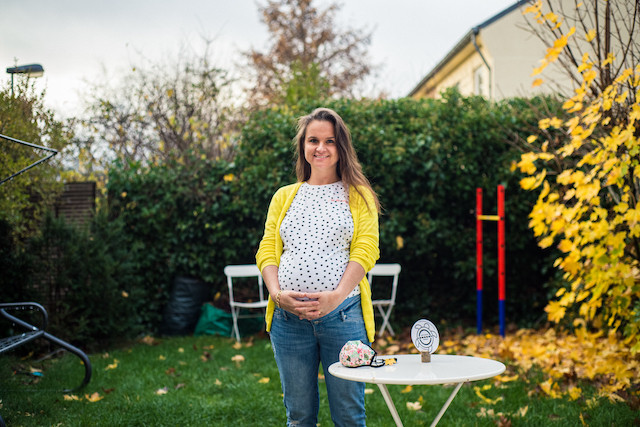The 2019 EU directive banning common single-use plastics such as cotton buds, cutlery, plates, polystyrene food containers and straws in 2021 promised to end our plastic addiction. Then came the pandemic and a tidal wave of disposable plastic. It revealed the dependency of Europe’s health and medical sector on plastic, prompting calls from pro-plastic lobbyists to push back the single-use plastic ban date. The commission didn’t back down.
Luxembourg will implement the directive in July 2021, going even further than the text and banning all single-use plastics from festivals. Julie Brohée, a lawyer specialised in EU environmental law who, in 2019, co-founded Plastic Switch, encouraging bars and eateries to quit plastic straws, says sector actors in Luxembourg have made massive progress.
But the pandemic has caused a relapse in other areas. On a recent trip to her butcher’s, Brohée said her reusable plastic container was refused on health grounds. And if further lockdowns are imposed in 2021, struggling eateries offering take-away services may well turn to cheap single-use plastic. Recycling is also not the panacea, says Brohée--recycled plastic is “twice the price of virgin plastic. Also, the problem is that it downgrades.”
Target hurdles
Luxembourg recycled 34.2% of plastics in 2018 and Brohée reckons it will struggle to hit the EU 2025 50% recycling target. It is not alone--in October, the European Court of Auditors highlighted in a report that there was a significant risk the EU would not meet its plastic recycling targets for 2025 (50%) and 2030 (55%).
“To meet its new recycling targets for plastic packaging, the EU must reverse the current situation, whereby we incinerate more than we recycle. This is a daunting challenge”, said Samo Jereb, member of the European Court of Auditors responsible for the review. The implementation of the Basel convention, imposing stricter conditions for shipping plastic waste abroad, will make recycling plastic more challenging.
Given that a third of the EU’s reported plastic packaging recycling rates are achieved through shipping outside of the EU, member states will need to increase domestic infrastructure for waste treatment. There are also fears the convention will lead to illegal shipping and waste crime.
At the same time, a more rigorous and transparent criteria for calculating recycling rates, outlined in the updated packaging and packaging waste directive could move the goalposts further away. It is estimated to lead to a significant drop in reported recycling, down from 42% to 30% across the EU.
It’s not all doom and gloom
An EU revision of packaging design rules is expected to result in packaging which is easier to recycle and reuse. And the harmonisation of extended producer responsibility schemes, promoting recyclability, could help reduce plastic waste.
Then there is the Commission’s new tax on member states’ plastic waste, to shore up funds for the next EU budget. Starting 1 January 2021, the plastic tax foresees a €0.80/kg levy on non-recycled plastic waste to be paid by member states into the EU budget. Luxembourg’s government said it will cover this cost for the first year--a missed opportunity, says Brohée, who sees a tax as a good incentive to change individual attitudes.
But Luxembourg is not resting on its laurels and in some ways will introduce legislation that goes beyond the directive. Starting in 2022, it will ban the sale of fruit and vegetables in single-use plastic containers and restaurants will be expected to use reusable cups, crockery and cutlery for refreshments consumed on-site. Starting 2023 no single-use bag can be handed out free of charge and restaurants offering take-out will have to have a strategy for reusable food containers to be implemented for the start of 2024.
This article was originally published in the January 2021 edition of Delano Magazine
